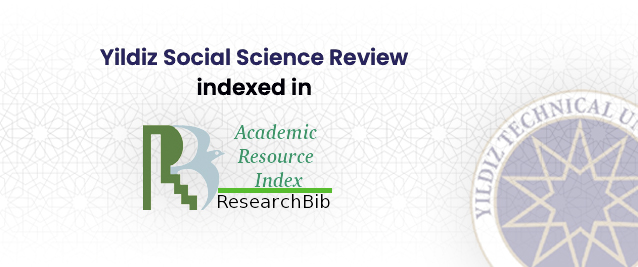Abstract
Drawing upon individual and social choice theory, the economic approach to identity associated with Akerlof and Kranton is critically assessed in terms of its own definitional and technical conundrums. This leads on to an external critique in terms of the limited extent to which identity can be addressed by mainstream economic methods. Indeed, the latter essentially sets aside the insights into the nature of identity that emerged with modernism, let alone postmodernism. As a result, the enterprise of constructing an economics of identity is set in the context of recent changes in, and disagreement over interpretation of, the identity of contemporary economics.
Bireysel teori ve sosyal seçim teorisinden hareket eden bu makalede, Akerlof ve Kranton’la bağdaştırılan kimliğe iktisadi yaklaşım, kendi tanımsal ve teknik çıkmazları üzerinden eleştirel bir şekilde değerlendirilmektedir. Bu değerlendirme, kimlik konusunu ana akım iktisadi yöntemlerle ele almanın kısıtlarıyla ilgili dışsal bir eleştiriyi de beraberinde getirir. Gerçekten de ana akım iktisadi yöntemler, kavrayışları – postmodernizm bir yana – esasen modernizmle birlikte ortaya çıkan kimliğin doğasına münhasır kılar. Sonuç olarak, bir kimlik iktisadı inşası girişimi, günümüz iktisadının kimliğindeki son değişimler ve bu kimliğin yorumlanmasındaki uyuşmazlık bağlamında şekillenmektedir.











